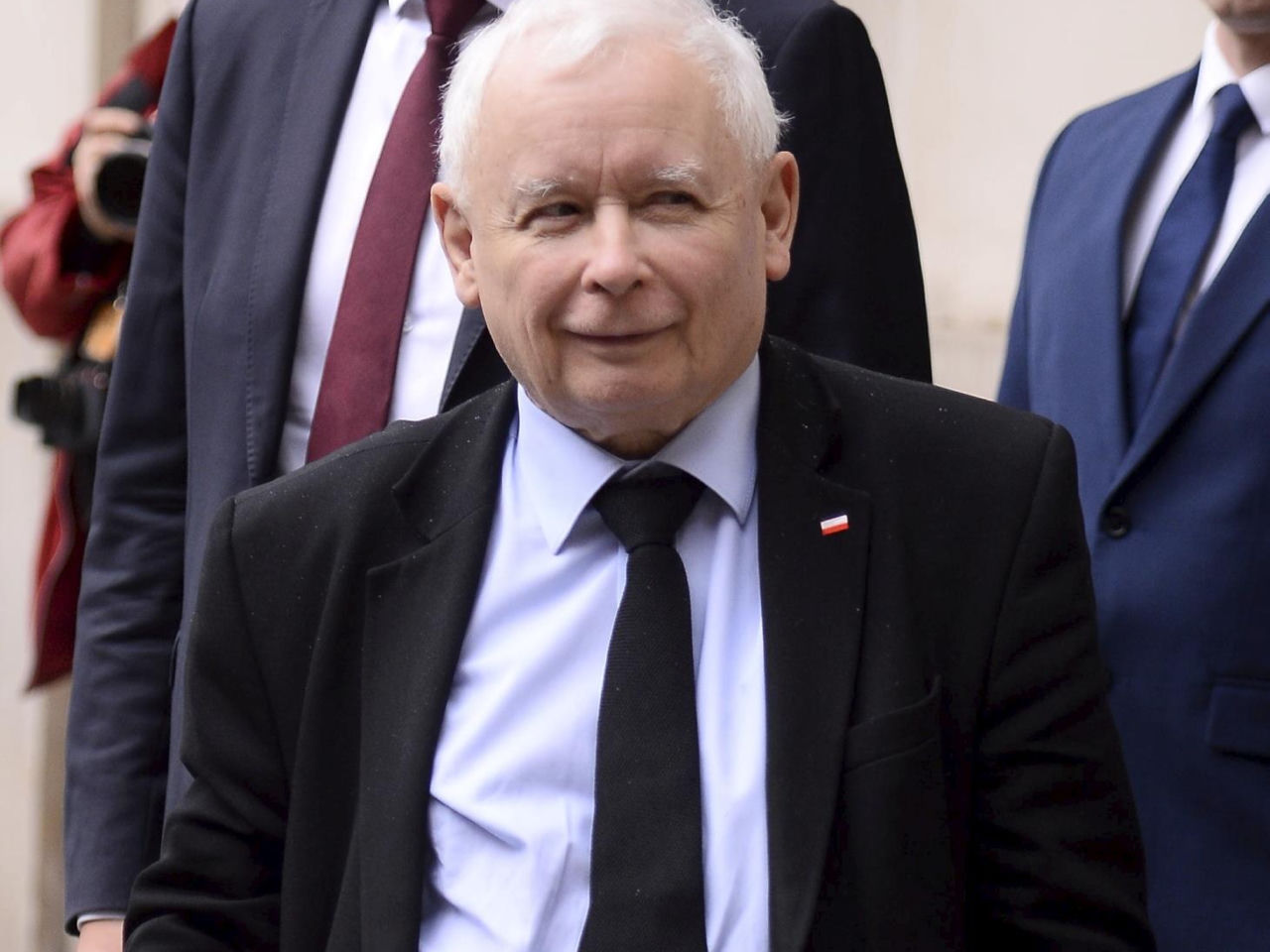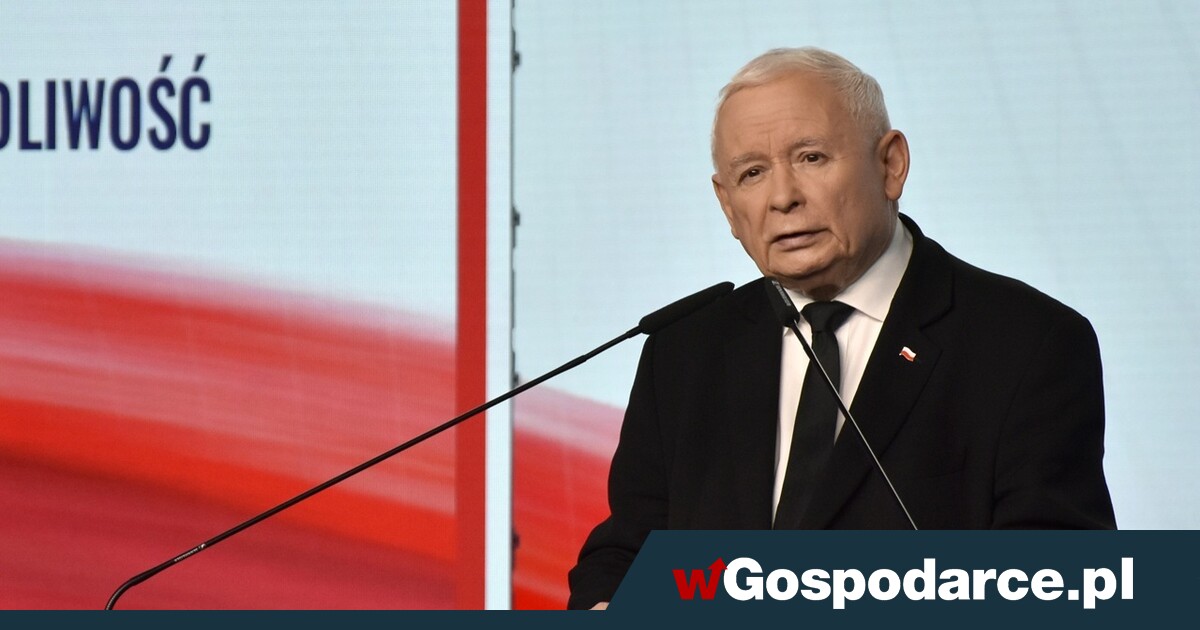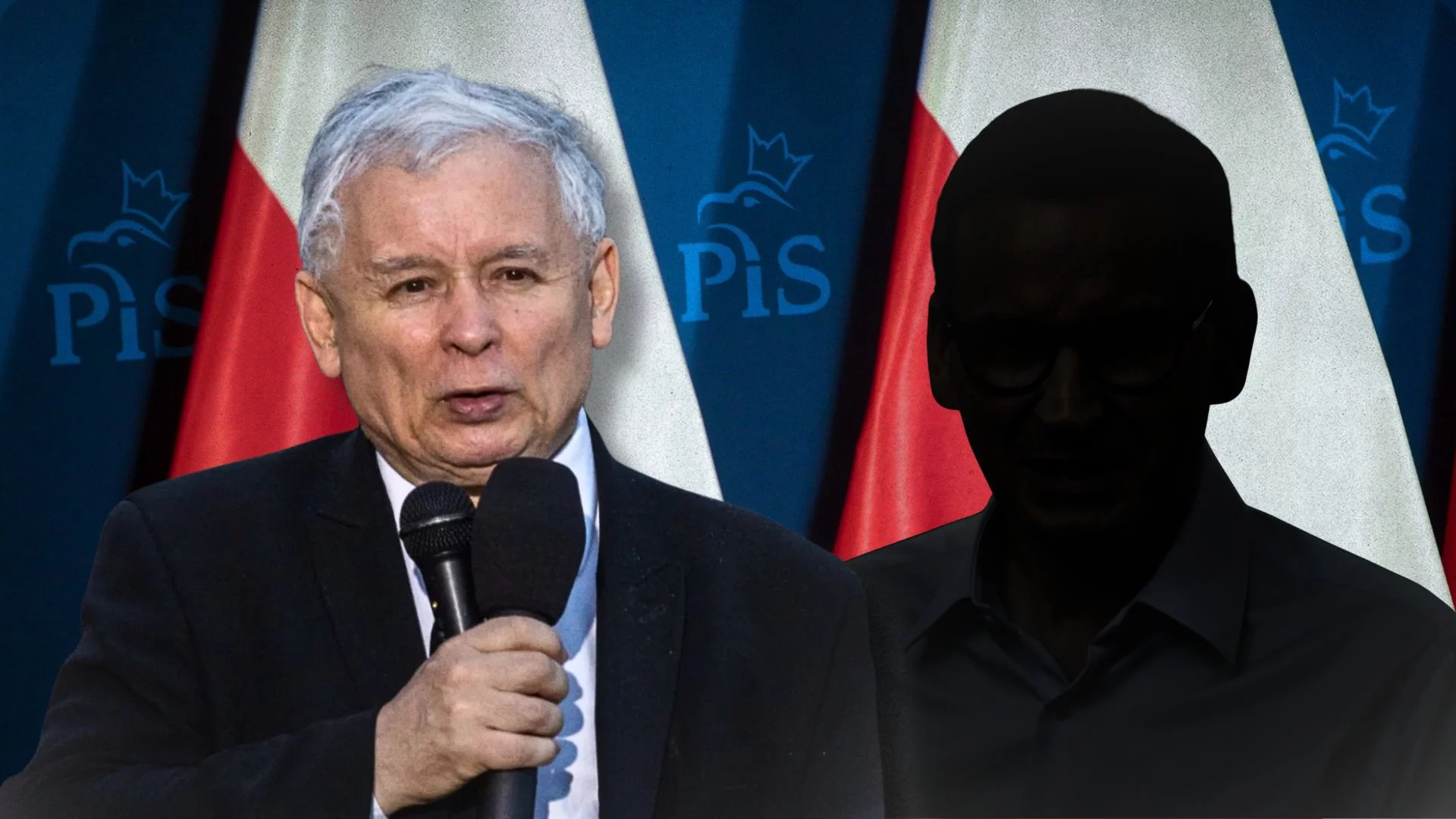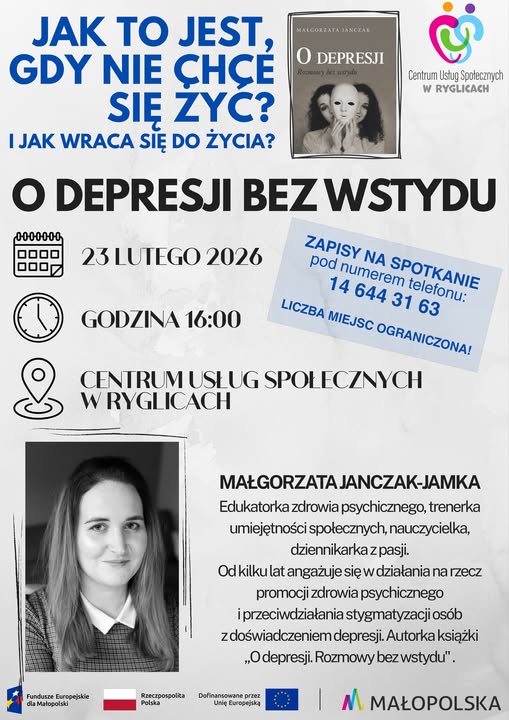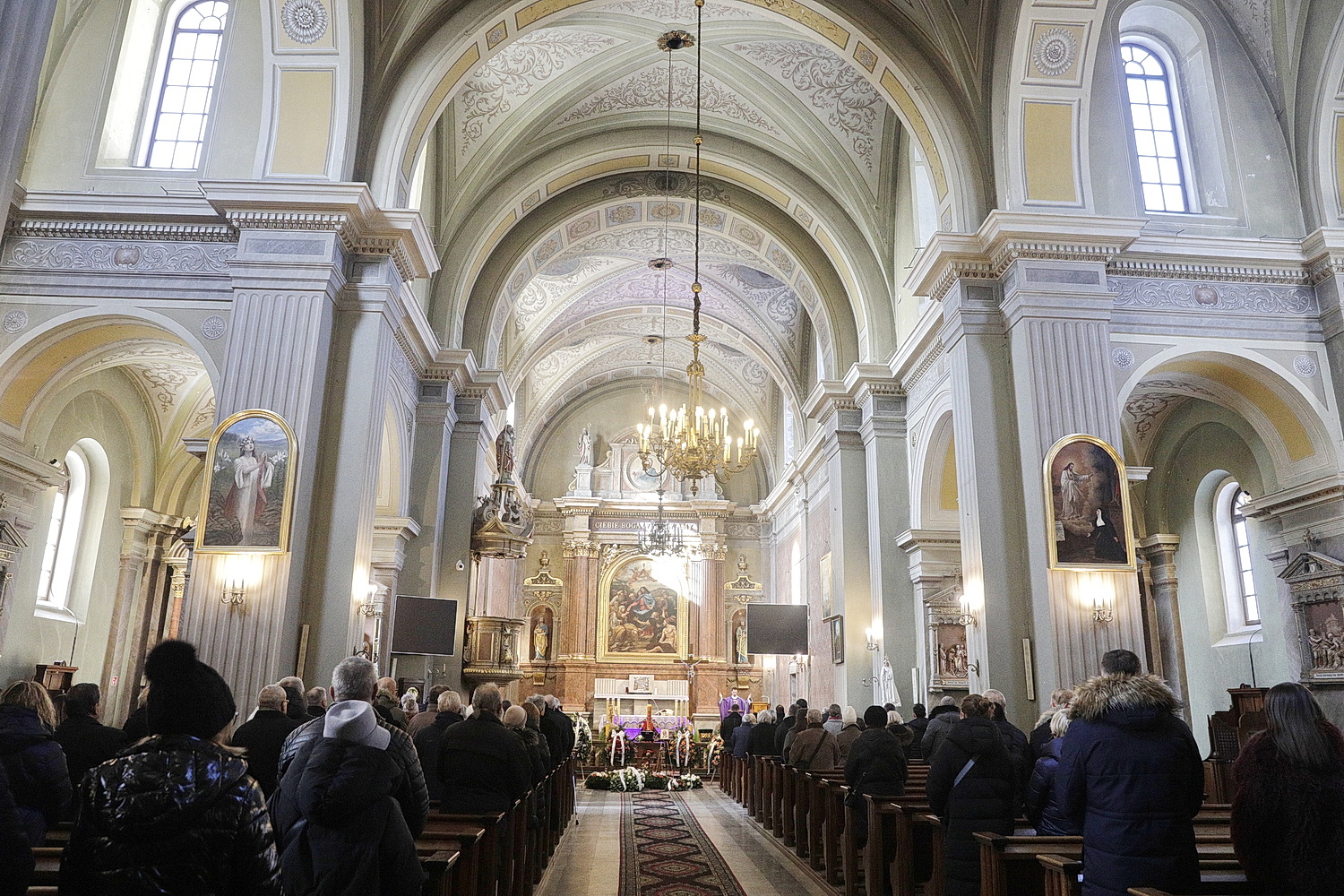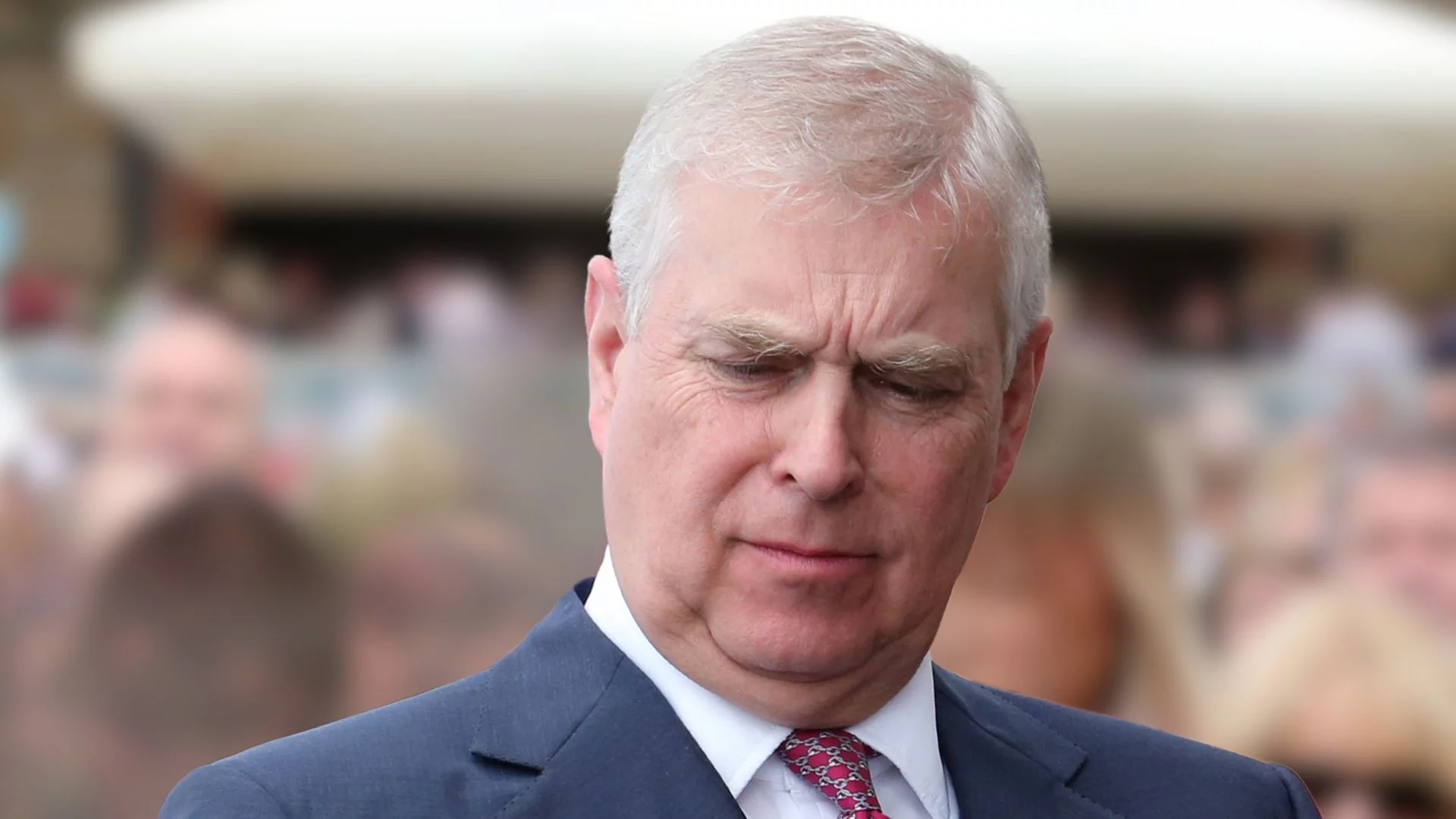The 2025 presidential election ended with a evidence turnout and a difference in vote, which falls within the limits of statistical error. erstwhile the first signals of irregularities in the committee's work came out, the question of recalculation began to dominate the public debate. As the latest poll shows, almost half of Poles support this step.
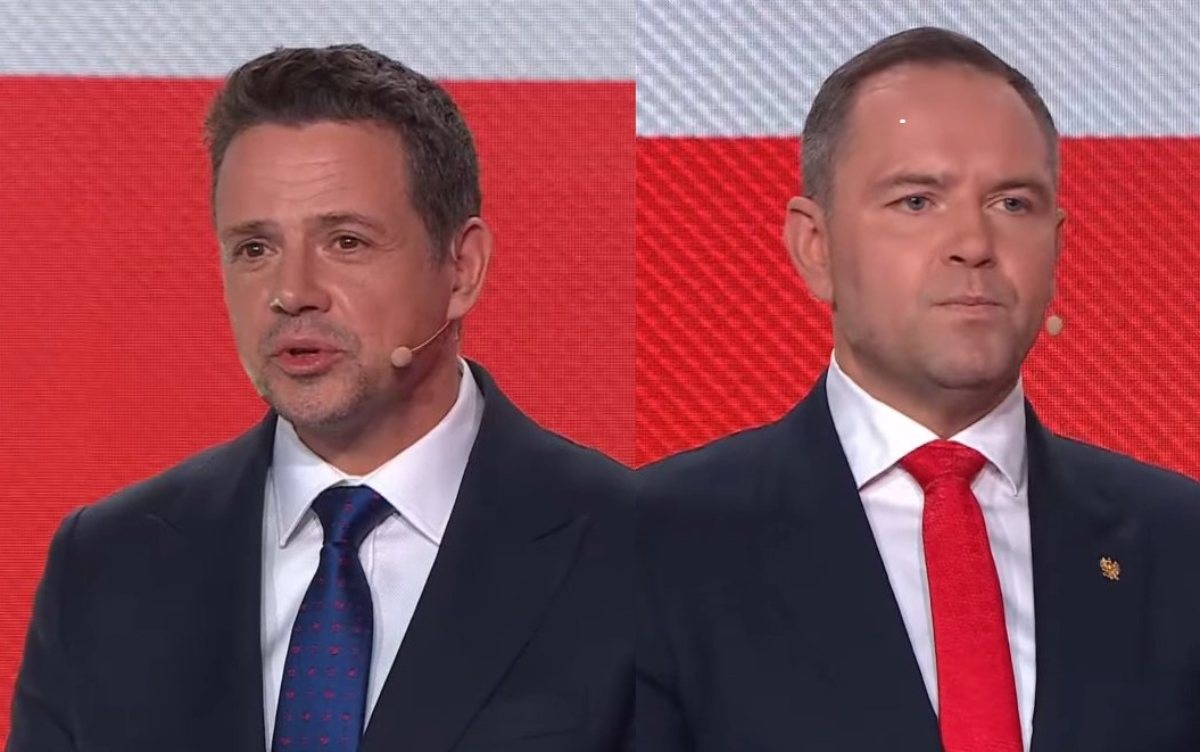
Almost half of citizens in favour of recalculation of votes
According to SW investigation for Rzeczpospolita, 49.1% of respondents believe that the votes cast in the second circular of elections should be recalculated. The other opinion was expressed by 38.9 percent, and 12% have no opinion on this.
Support for recalculation is more frequently expressed by women (50.7%) than men (47.2%). The highest number of supporters of this solution is among people 50 years of age and with vocational education. There are besides the inhabitants of average and large cities (200–499,000 inhabitants), where 62% of the respondents are "in favour". In the group earning over PLN 7,000 net this percent is 56 percent.
Irregularities in committees fuel emotions
The focus was on isolated cases errors in local committees. The loudest concerns Grudziądz, where the votes were attributed to the candidates. akin incidents have been reported, among others, in Krakow, Gdańsk, Bielsko-Biala and Strzerzece Opolskie.
In consequence to this information, the National Prosecutor's Office confirmed irregularities in at least 9 committees. In 7 of them there was a control of votes between candidates. The ultimate Court ordered the recalculation of votes in thirteen circuits – however, this is only a fraction of all committees operating in Poland.
Election results and social assurance limits
The second circular of elections was won by Karol Nawrocki, a candidate supported by the Law and Justice. He won 50.89 percent of the vote (10 606 877). Rafał Trzaskowski, a candidate of the Civic Coalition, gained 49.11 percent (10 237 286). Turnout was 71.63 percent.
Although the consequence has been announced by the State Election Commission and recognised by most institutions, part of the population has no doubt. Prime Minister Donald Tusk stated that wherever there are ambiguities, the votes should be re-examined. In turn, the ultimate Court recalls that the provisions supply for recalculation only in cases of documented irregularities.
Policy, law and social expectations
Hundreds of electoral protests were brought to the ultimate Court. The decisions are due in a fewer weeks. They will find whether the 2025 elections will be remembered as an example of an efficient democratic process, or alternatively as an event that has damaged assurance in state institutions.
It's not just numbers anymore. In the background, there is simply a deeper debate about citizens' trust in the electoral system. The final consequence may not change, but waiting for transparency has become a fact. Democracy does not end with the announcement of results – it lasts as long as all voice matters and inspires confidence.
DF, thefad.pl / Source: Rzeczpospolita.pl, TVN24 and Polsat fresh


